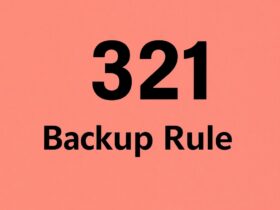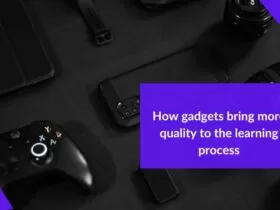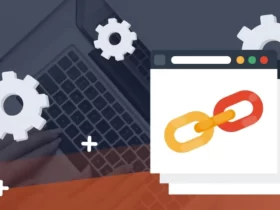In the space where errors are common during the mobile app launch, handling certain risks before is a priority. This allows for an accurate and customer-friendly app before those errors happen. As with the rest of the smartphone economy, the way the technology sector works is continually evolving and it is different now from when it was in the past. Deaths cause the demise of apps, as well as success, to take in new functionality, making it difficult to pick out a universal explanation for the app-killing phenomenon.
Regardless of the premise for the organization’s sustainability, most experts concur that when a product is launched, an organization must focus on post-marketing growth to sustain its value.

You will guarantee an android app’s performance if the software introduction is well designed and scheduled in advance. You must have finished the procedure of designing, creating, recapitulating, developing a plan, and mobile app testing, now it’s the correct time to introduce your newly developed app in the market. None the less introduction of the app is very difficult, so let’s check below some errors that can be avoided during the mobile app launch.
Common errors during mobile app launch
1. Ignorant to the target demographic
For the design to be convincing, you must recognize who the main group is, and be willing to demonstrate to them both how the software meets their desires and their preferences. According to research, this can be calculated by knowing target user’s profiles well, which can contribute to the better acquisition and retention rates.
Your app should have a clear, specific goal in mind before it begins. The main goals of this ad campaign are website tourists who are in the age group of concern to our existing and future clients. Your product can be specifically designed to meet the user’s needs, rather than focusing on other products to address problems. Before you submit the software to app stores, make sure to clarify the importance of your product offers and to accompany the value with competitive considerations.
2. An unknown bit in neglecting of ads
The desire to construct the best product is sometimes found among DevOps officials and developers to be “political” or “controversial,” particularly when applied to the concierge process of the development model. The official opinion is more about both of these firms, namely that exposure is fine, is completely debatable on its own, but in relation to having cash and attracting popular attention, the QA companies each and every time tend to neglect the value of collecting money after an app launch is successful.
Before the introduction of a smartphone app, spend money on desktop ads, search engine optimization, and promotional strategies. Until expanding into territories such as the second study, define short-as well as well as long-term strategic targets such as collaterals, developing budgets, and then collaborating with influencers.
And after the release of the new app, it can also have a social network and up-to-data-sample customer retention promotions, as well as recapturing users from social platforms and running them into retargeting adverts.
3. Not welcoming pre-launch opportunities
promoting the product prior to making it accessible in the app store will help gain traction and provide the highest expectation of a release. Another noteworthy error is that is popular among mobile app developers is that they don’t begin their marketing campaigns until long after the application is ready for sale. In order to expand the app’s credibility, go and chat to numerous influencers and writers on various social platforms to create it. Everyone on the website, not just consumers and media members, would be able to use it.
4. Not checking Bets testing
When the idea of the software is extensively checked in advance, there are two forms of research, before the product is released and after the implementation is finished. before you begin building your app, you’ll want to expand the low-optimized sections and optimally load the high-optimized sections to be able to get a sense of the runtime speeds you’ll need
5. Fail to pay enough attention to customer support
Another possible upgrade to include is customer care until the product is published. to hold the consumers loyal, a useful app does not only need to provide an easy to use interface, but it must provide a number of interesting features as well
Conclusion
All of the above points lead to easy-to-follow rules for an approachable app that is beyond the terms of mobile app mistakes during the mobile app launch, which we might claim is true for effective and for an intelligent team of app developers. One significant thing to be mindful of is how to make strong product advances before launch is to acquire the greatest amount of attention in the minimum time; it can be done by taking advantage of competing apps, not how to remain unnoticed after launch. If you want to develop an app you can hire android app developers.



























